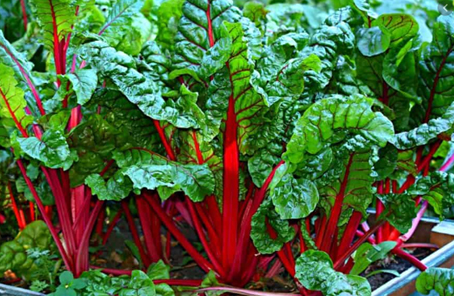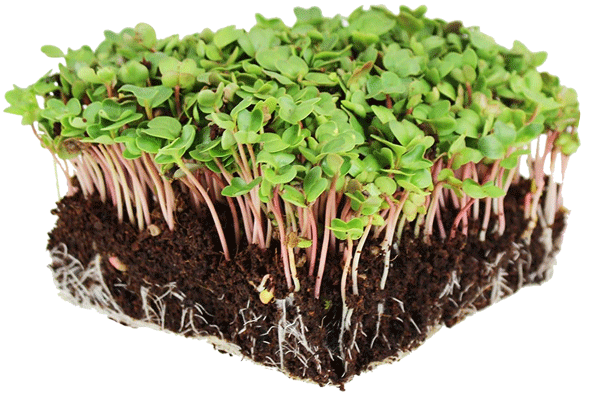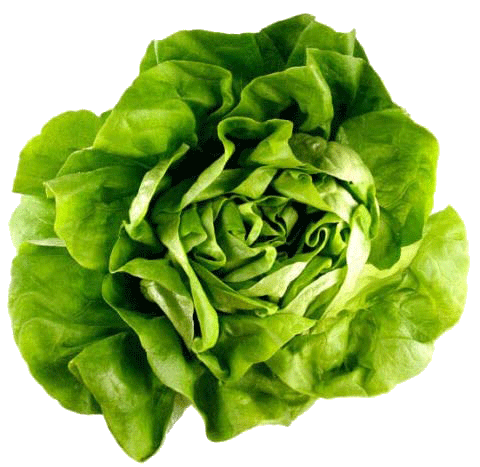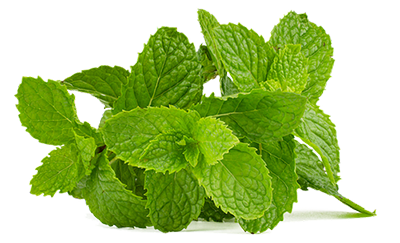
Health and Nutritional Benefits
Along with other leafy green plants and vegetables, chard is considered a nutritional powerhouse. This means that it has low calorie content, as well as fat, carbs, and sugars, but has high content of vitamins, minerals, fiber, and antioxidants.
Nutrition Facts
For every cup (or 36-gram serving) of raw chard you consume, you get the following nutrients:
| Calories | 6.8 |
| Fat | 0.1 g |
| Sodium | 77 mg |
| Carbohydrates | 1.4 g |
| Fiber | 0.6 g |
| Sugars | 0.4 g |
| Protein | 0.7 g |
It is also rich in Vitamins A, K and C with 44%, 374% and 18%, respectively, of the daily value. It has a significant content of Vitamin E and the dietary minerals, magnesium, iron, manganese and potassium.
All these nutrients make chard not only versatile and flavorful, but nutritious, as well. It provides many health benefits that support overall health and well-being of an individual.
Health Benefits
- Chard leafy green contains antioxidants that help repair cell damage and fight inflammation in the body. Additionally, antioxidants also help prevent progression of particular diseases and illnesses.
- Studies show that consuming leafy green vegetables like chard can be associated with reduced risk of cardiovascular disease. According to one study, people who eat more leafy green vegetables are 15% less likely to acquire diseases related to the cardiovascular
- Chard leafy green also promotes mental health and slows down cognitive decline. Based on a study involving 1,000 elderly people, those who consume leafy greens on a daily basis had a much slower rate of mental and cognitive decline due to aging.
- Chard is also good for weight loss and optimum health. When it is boiled, vitamin and mineral contents are reduced compared to raw chard, but still supplies healthy significant proportions of the DV.
- Grow chard leafy green for highly nutritious meals and a colorful vegetable garden.



